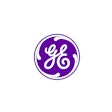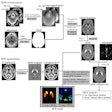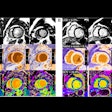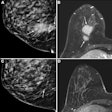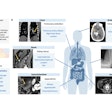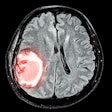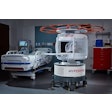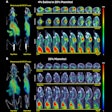Tuesday, December 1 | 11:00 a.m.-11:10 a.m. | SSG11-04 | Room S505AB
German researchers are investigating which MRI sequences are most effective for whole-body oncologic imaging to reduce PET/MRI scan time for patients.Led by Dr. Benedikt Michael Schaarschmidt from the University of Dusseldorf, the group hopes its findings will lead to greater patient comfort and increased profitability.
"As PET/MRI examinations are time-consuming due to the multitude of MR sequences performed, it is important to decide on a dedicated set of sequences that allow quick and concise PET/MRI protocols tailored to the needs of each patient," Schaarschmidt wrote in an email to AuntMinnie.com.
For the current study, the researchers examined whole-body contrast-enhanced PET/CT and follow-up PET/MRI exams in more than 60 patients for tumor staging. The MRI protocol included T2-weighted, turbo inversion-recovery magnitude (TIRM), nonenhanced T1-weighted, contrast-enhanced T1-weighted, and diffusion-weighted imaging (DWI).
More than 200 PET-positive lesions were analyzed, with approximately 75% confirmed as malignant by radiological follow-up and the remainder confirmed through histopathology. Further review showed that T2-weighted, TIRM, and contrast-enhanced T1-weighted imaging achieved lesion detectability with PET that was comparable to PET/CT results.
Nonenhanced T1-weighted imaging did not fare as well, while the efficacy of DWI must be investigated further, according to the group.
"In this specific analysis, we tried to identify MRI sequences that allow the detection of PET-positive lesions and allow an accurate localization of tracer uptake detected in PET," Schaarschmidt said. "Hence, this research is especially interesting for people interested in establishing whole-body PET/MRI protocols in all oncological patients."
This research is "crucial for the introduction of PET/MRI in clinical practice," he added.



.fFmgij6Hin.png?auto=compress%2Cformat&fit=crop&h=100&q=70&w=100)


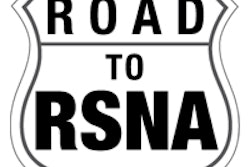

.fFmgij6Hin.png?auto=compress%2Cformat&fit=crop&h=167&q=70&w=250)




